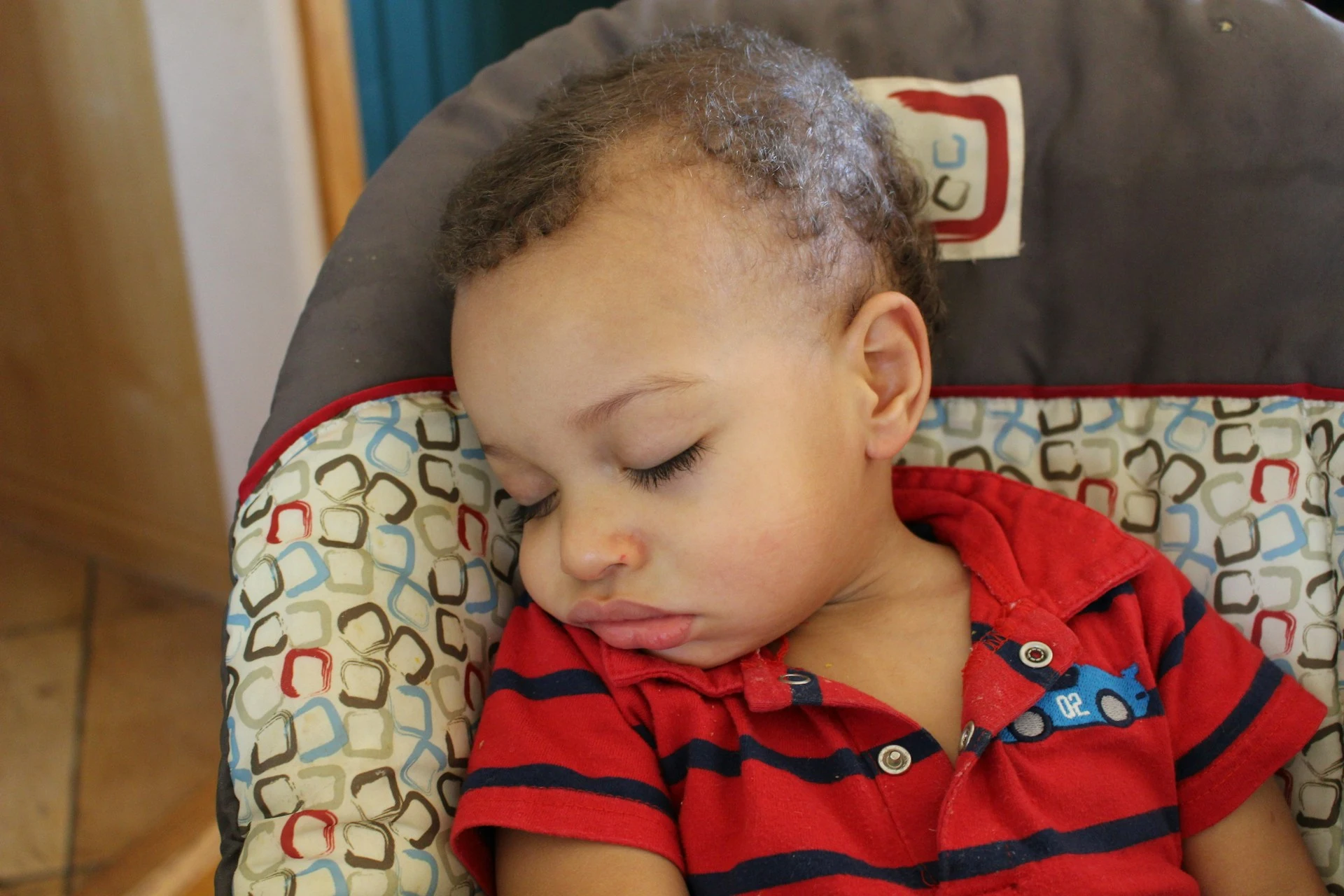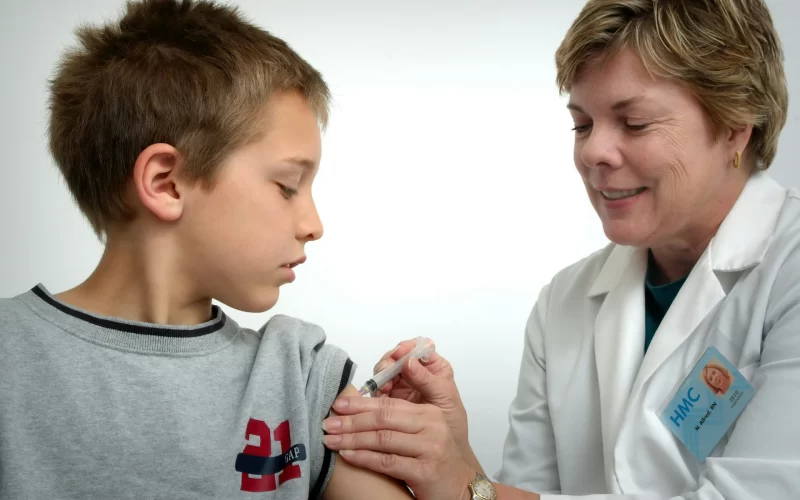Help! My child woke up in the middle of the night sounding like a seal?!
What is happening?
This scenario is a common occurrence in childhood and is typical of croup. Croup is not the
name of the illness per se but the name of the constellation of symptoms caused by many
different respiratory infections. Symptoms result from the respiratory virus causing inflammation
of the upper airway. Croup is most common in children 6 months of age to 3 years of age,
though can occur outside of these age ranges. The good news is that as scary as croup can be, it
is very treatable.
What viruses cause croup?
Croup can be caused by most viruses that affect the upper airway. The most common of which
are parainfluenza, RSV, influenza, and covid.
What are the symptoms of croup?
- A barky, seal-like cough. Listen to an example:
- Stridor, which is a whistling or high-pitched noise during breathing, is more common on
inspiration (breathing in) but can also occur on expiration. This is often confused for wheezing
when parents describe what they are hearing. Listen to an example: - Hoarse voice or cry.
- Retractions (sucking in the skin between the ribs when taking breaths) can occur.
- Your child may appear worried or anxious.
- Because this is caused by viruses, there can be congestion, fever, and decreased eating.
How is croup treated?
- Steam room: At home, you can turn on the shower and make the room hot and steamy and sit
on the floor with your child inhaling the moist air. - A humidifier can help once you go back into the bedroom.
- Cold air can help so if it is cool out, walking around the block or sitting by an open window and
breathing in cool air can help. Bundle your child up if you do this! The most common story we
hear is that a child sounds terrible at home but normal by the time they go to the ER because
the cold air en route helped them. - Drinking fluids. Warm clear fluids like warm water or apple juice can help. Alternatively frozen
popsicles can also help. - Keeping calm can help. When the child becomes anxious or cries, symptoms worsen. Try reading
or listening to music to help them stay calm while doing the steam room. - In the office, steroids are the mainstay of treatment. We may give dexamethasone in the office if symptoms are present. If symptoms have improved but we are concerned they may return, we may give a prescription for prednisolone for treatment at home.
- In cases where symptoms are severe, a breathing treatment called racemic epinephrine may be given in the emergency room. Rarely a child may need to be admitted for management and observation.
- We do NOT recommend antibiotics (as croup is viral), cough medicine, or decongestants.
When to seek help?
We recommend we see your child when we are open if they have a barking cough or stridor
when crying. Overnight, we should be called for any concerns for:
- difficulty breathing
- pale or blue-tinged skin
- severe coughing spells
- drooling
- inability to cry or speak
- stridor at rest
- increased work of breathing (sucking in the belly and ribs when breathing)
- worsening symptoms
Croup typically resolves in 2 days but it can take up to a week to fully resolve in some cases.
Please remember, that though scary, there are excellent treatment options for croup. We are
here to help.




